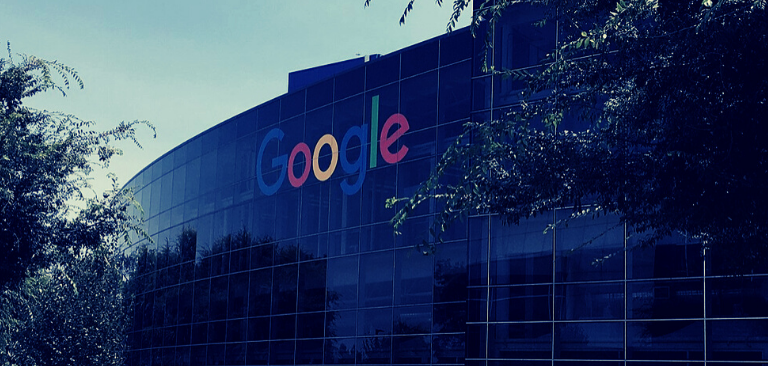The expected merger between Google and Fitbit is an opportunity for the EU to put its money where its mouth is.
Will the 27-nation bloc live up to its own constant promises of data protection, and apparent commitment to investigate the behavior of Google and other Big Tech companies, and block the merger? That is certainly the course of action Amnesty International is urging, while chillingly describing Google’s trillion-dollar business model as “surveillance-based.”
Google’s power lies in data collection and user tracking that often seriously undermines those users’ online privacy; and the success of the (ad) business that requires this type of data has relied on the giant building an infrastructure through a seemingly endless series of mergers, and acquisitions of smaller companies.
So from Google’s point of view, the merger with Fitbit announced in the fall of last year could not make more sense: Fitbit, that produces fitness wearables, would supply Google with a fresh and massive haul of personal and sensitive health-related data and metrics from smartwatches and tracker devices that record people’s heart rate, number of steps walked or climbed, quality of sleep, etc.
But Amnesty International is asking the EU not to approve the merger, the deadline for the decision being January 8, 2021, unless Google can show that human rights of users will be protected in terms of data collection and surveillance.
The EU commission already conducted its investigation into this aspect of the $2.1 billion deal, as well as any antitrust implications, and according to a report Reuters published in September, things were looking good for Google. If the merger is approved, Google will join other giants like Amazon and Apple in the consumer wearables space.
But Amnesty International says Google’s dominance on the internet means that the company has become a gatekeeper to the (digital) public square, and that this position, reinforced with the addition of a company like Fitbit and more access to online and real worth health data, would increase the threat that the giant represents to human rights, which the group says is already systemic in nature.













